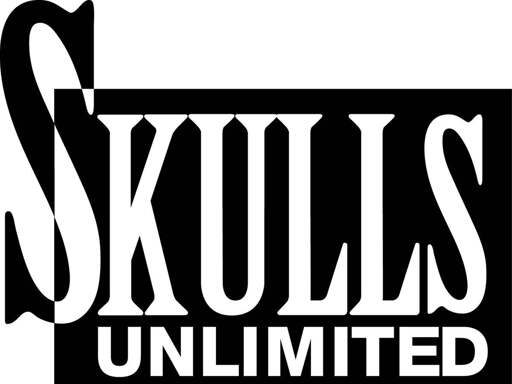No, I don’t want to buy one. This came out of a discussion about my brother, who is so much weirder than me if you can believe it, who owns a real human skull.
I don’t know how he got it. I don’t know where he got it from, maybe this company, more importantly, I don’t know why he would want such a thing. He is not a scientist, he works in IT. He did get an MFA in theater, wanted to be a professional theater director and loves Shakespeare, I can’t believe the reason was because he wanted Hamlet to be super authentic.
We’re not all that close, so it really hasn’t come up in conversation. I only know about it because he posted elsewhere a while back that he was on a Zoom meeting at work and he showed it off and couldn’t understand why everyone stopped laughing and got silent. So obviously he thinks it’s cool to own it.
It used to be a person. I’m an atheist and I don’t believe in an afterlife, but that’s just basic disrespect.
Anyway… how can you ethically source a skull and then sell it on the open market?
Anyway… how can you ethically source a skull and then sell it on the open market?
You pay an intern in your marketing department to write “ethically sourced” on all your customer facing surfaces.
That’s my concern here. Like how would they know if this isn’t similar to China harvesting organs from executed prisoners?
Answer: They don’t.
The majority of these skulls are from people who donated their body to science. But instead of going to science, it goes to companies like this one that sell them. Legal, yes. Ethical, no.
They only really say their skulls are legally obtained. i.e. it wasn’t stolen and no one was murdered for it.
We are committed to ethical sourcing. We follow all relevant laws and regulations to ensure that our specimens are obtained legally and responsibly.
Likely many of these are discarded donations to science, legally purchased from the organization doing the “discarding”. It absolutely does not follow that it was ethically sourced.
Unless you have traceability of each and every skull and a proof of informed consent (from the person whose skull it was, saying that they donate it for sale)for each skull there is no way to properly claim it was done ethically.
more importantly, I don’t know why he would want such a thing
TBF most people already have an ethically sourced human skull.
I didn’t consent to having a skull. Though it’s kinda grown on me.
I used to teach anatomy 20+ years ago. Sadly many of the skulls are sourced from the poorest people in impoverished countries. Companies pay a death benefit to the families or to the individual and then “harvest” the skull after death. They used to be priced based on the number of teeth and the presence of mandibular/maxillary degeneration. The highest priced skulls would come from donors and would have all their teeth.
Here’s a link to the UCLA scandal if you want to get a feeling for how scummy the entire industry is
John Oliver had an episode where the main story answers your question.
Basically, if you donate your body “to science” there’s a chance it could end up with such a company. I wouldn’t call it ethical, but as of now it’s legal.
Well that’s fucked. If I donate my body to science, it certianly isnt so my skull can sit in some dudes living room
I’d be totally okay with that, as long as he attempted necromancy
There’s this woman who donated her body to science when she died ended up in the army being blown by IEDs.

You say that like it’s a bad thing?
Well yeah, I figure when she signed her body up for science she was thinking about Medical Science and not Explosive Device Science…









